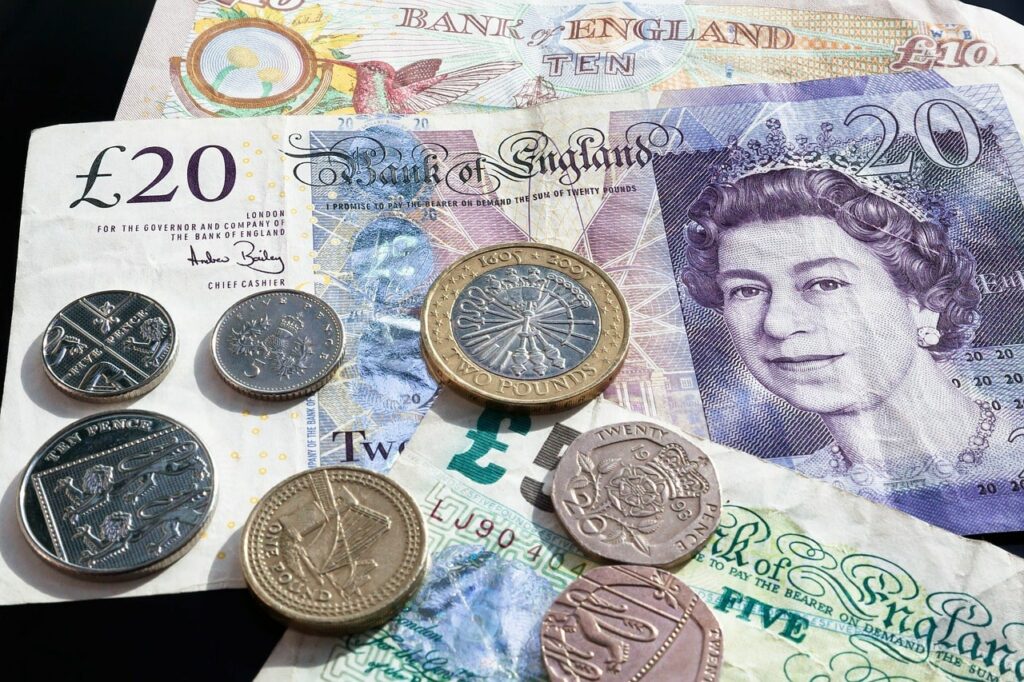Pondering the capacity of a slot machine in terms of cash holding is a common curiosity among players. Surprisingly, the answer might not be as straightforward as you may think. The monetary capacity of a slot machine is determined by a combination of its physical size and several intrinsic factors, including a critical term referred to as the ‘hold percentage’.
The capacity of a slot machine to hold money is designed to be substantial, which is necessary to ensure that the machine can cover multiple maximum payouts, should they occur in quick succession.
How Much Money Do Slot Machines Hold?
In essence, the amount of money a slot machine can hold at a given time is influenced by the hold percentage. This term refers to the portion of the betting coins that the casino keeps for itself, a percentage heavily influenced by the Return To Player (RTP) rate of the slot machine.
A slot machine with a 95% RTP rate, for example, implies a 5% hold, suggesting that the slot averages out as keeping £5 for every £100 wagered, theoretically. However, it’s crucial to remember that hold and RTP rates are theoretical values calculated over a substantial number of spins over a long period.
Do Slot Machines Have To Pay Out?
Contrary to popular belief, slot machines are not obligated to pay out when they are full. The payout of a slot machine is determined by the Random Number Generator (RNG) chip, which ensures that the results are entirely random and unaffected by previous spins or external factors such as the machine’s existing capacity.
The RNG chip generates random numbers or symbols that dictate the outcome of each spin, making it impossible to predict or manipulate when a slot machine will pay out based on its physical capacity or the number of coins it holds.
See Our Top-Rated Online Casinos
Find the best online casino bonuses, read reviews from real players & discover brand new casinos with our list of recommended sites
What Happens When a Slot Machine Gets Full?
The concept that a slot machine’s capacity is linked to its payout frequency is indeed a misconception. If, however, a slot machine does become full, a casino employee will remove some of the money from the machine, leaving sufficient funds to cover potential wins and jackpots. Therefore, the amount of money you put into a slot machine and the amount of money already in a slot machine doesn’t influence your chances of winning.
Slot Machine Backing: A Sign It’s Going To Pay?
The belief that hearing coins dropping into the machine’s internal cash storage (the ‘overflow’) – a sound often referred to as ‘backing’ – indicates an imminent payout is a myth. The sound of coins dropping is merely a mechanical process and does not suggest an upcoming payout.
As mentioned earlier, the RNG doesn’t take external factors into account, and each spin is independent. There is also no prior warning of a win.
Can You Tell When a Slot Machine Is About To Hit The Jackpot?
The frequency of slot machine jackpots is a matter of chance, thanks to the RNG. This unpredictability makes it impossible to forecast which spin could lead to a jackpot win.
The RNG is continuously generating random outcomes, even when the slot is not in use. The outcome produced at the moment the Spin button is pressed is the one used for that spin.
So, if the outcome is only determined at the moment the Spin button is pressed, how can there be any prior signs of a jackpot win?
Conclusion
In summary, the amount of money a slot machine holds is determined by several factors, including its physical size and the hold percentage. However, this capacity does not dictate the slot machine’s payout frequency or the likelihood of winning. The outcomes of each spin are entirely random and not influenced by external factors such as the number of coins in the machine. Remember, slots are games of chance, and winning is never guaranteed.
It is important to remember that slot machines are designed for entertainment. The enjoyment of the game should always be the primary focus rather than the potential for a big win. Always gamble responsibly and never chase your losses.



